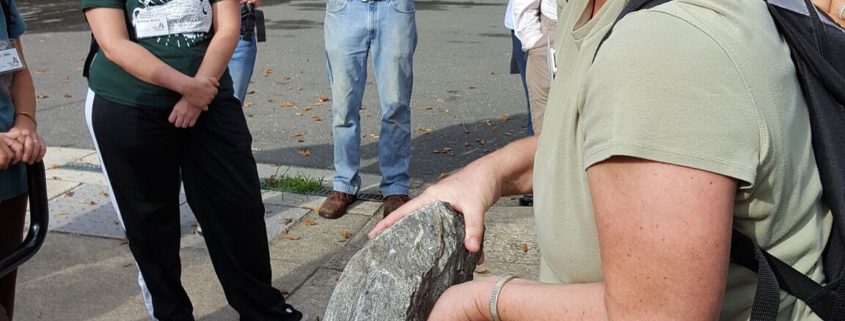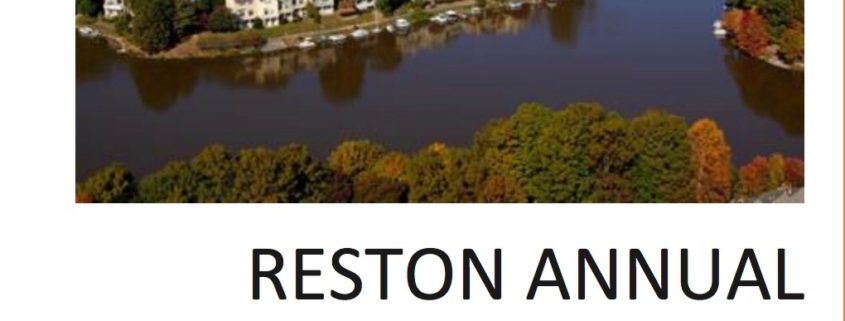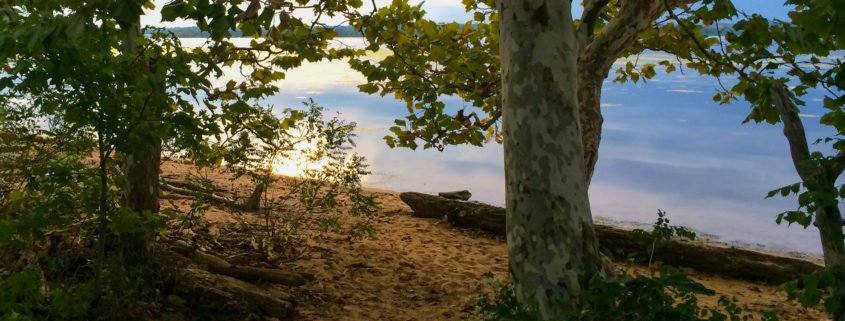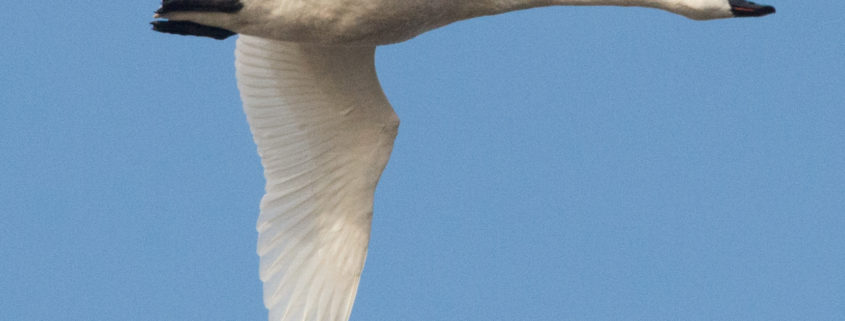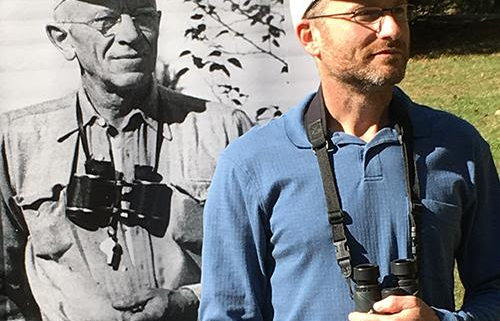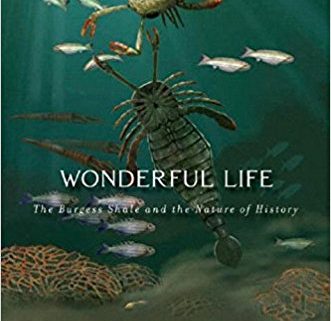Fairfax County Park Authority Certified Interpretive Guide classes, 5-8 February 2018: Register now
This FCPA certification workshop teaches the skills you need to interpret natural and cultural resources to any audience you choose. You will graduate understanding how to connect learners to the value of natural resources so that they care about them and pay the message forward.
This is a national certification program offered by the National Association for Interpretation hosted by the Fairfax County Park Authority for its staff.
Two sessions with five spots per session are open to the public. Register online NLT 20 January for either the session at Green Springs Gardens in Alexandria or the session at Dranesville Tavern in Herndon.
Registration Cost: $230 (Certification is an additional $150). Qualifies for learning hours for master naturalists.


